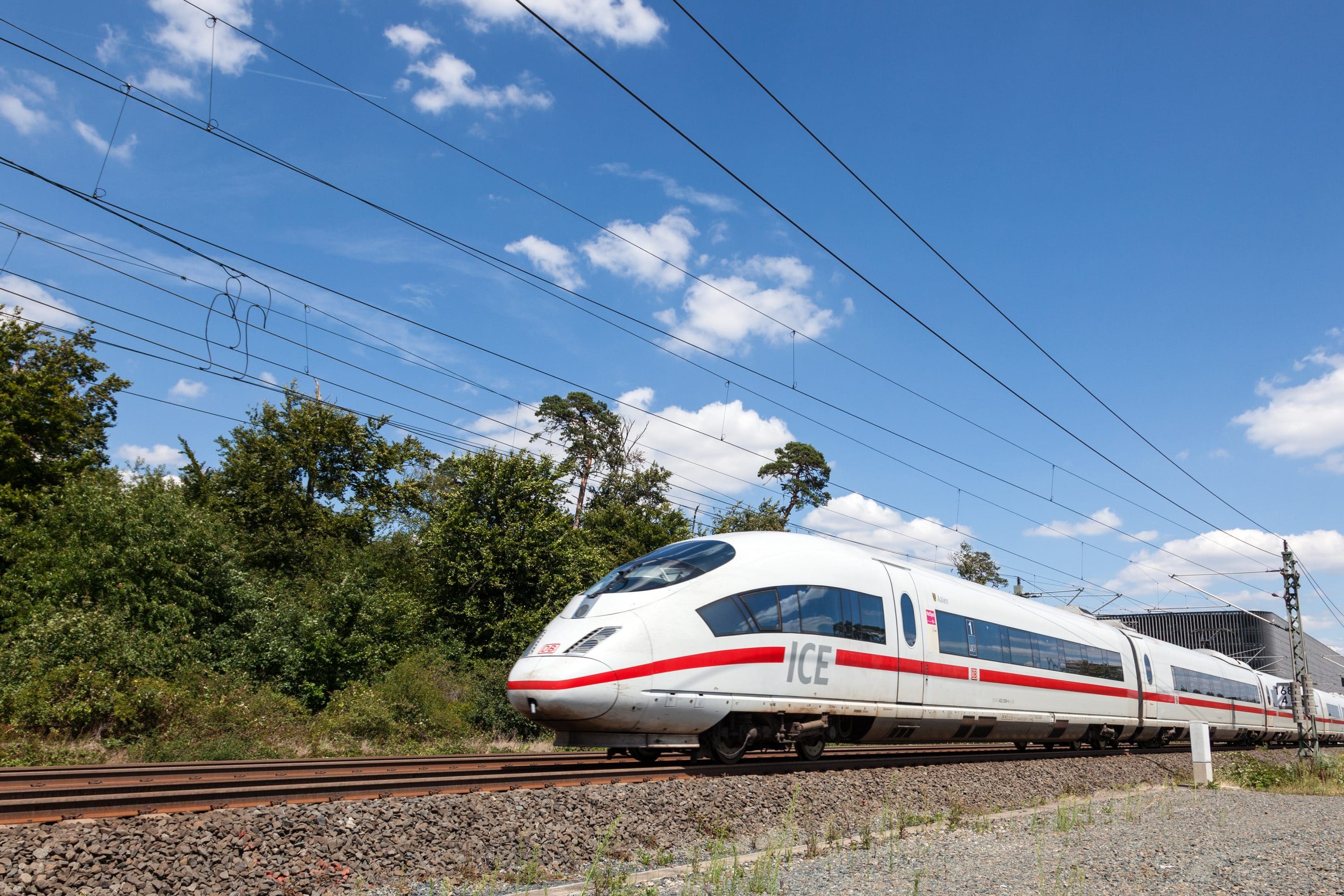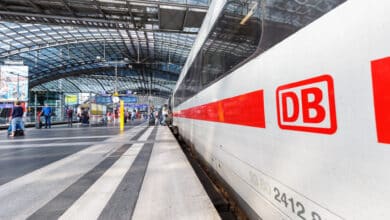
Some time ago, the German Federal Cartel Office reprimanded Deutsche Bahn for what it sees as a data monopoly. In fact, Deutsche Bahn does not share key data on delays, traffic volumes, track changes, etc. with other providers. Nevertheless, it rejects the criticism: sharing the data is illegal, moreover, the importance of mobility data is overestimated.
Federal Cartel Office: railroads make mobility services impossible
The German Federal Cartel Office considers Deutsche Bahn’s behavior to be an exploitation of its dominant market position, which is why it issued a warning in April of this year. Specifically, it criticized the fact that forecast data relating to rail operations is not shared with external companies. This is common practice in other European countries, so that external mobility services can, for example, issue forecasts on the accessibility of connections and sell tickets for journeys across platforms. Specifically affected are services such as Trafi and Reach Now, which offer travel planning that includes multiple modes of transportation. In Germany, these services can only be used with added value if they also include information from Deutsche Bahn – for example, regarding train delays and cancellations or track changes. But this is precisely what Deutsche Bahn makes impossible by not releasing any data. For Deutsche Bahn itself, this offers the immediate advantage that interested parties have to rely on its own apps and websites. In the ongoing modernization and digitization campaign, in which the railroad has decided, for example, to significantly expand WLAN and cooperate with various mobile providers, this insistence on isolating its own applications fits in only with difficulty.
Railway fights back
Deutsche Bahn has now defended itself against the Cartel Office’s warning, making two main arguments. First, it points out that sharing the data would be illegal in its view. In addition, it doubts the significance of the data in question: It says there is no evidence that mobility platforms have a compelling need for it. Furthermore, Deutsche Bahn claims that its competitors are not harmed by the fact that it is not allowed to pass on discounts and special offers to its own clientele: According to it, prices are “not a relevant parameter for competition in the alleged market for integrated mobility services.”
However, the objections raised by Deutsche Bahn are not plausible: It is obvious that the operation of a mobility service that is supposed to include all essential means of transportation is absolutely impossible without the inclusion of data from Deutsche Bahn. The claim that prices do not play a role in the “alleged market for integrated mobility services” is also unlikely to be confirmed, as local and long-distance public transport in particular has proven to be extremely price-sensitive, as currently evidenced by the popularity of the 9-euro ticket, for example. In the meantime, it is not possible to make an assessment of the illegality of the data transfer at this point due to the lack of further information.
A final decision by the Cartel Office is expected in the next few weeks.



No replies yet
Neue Antworten laden...
Gehört zum Inventar
Beteilige dich an der Diskussion in der Basic Tutorials Community →